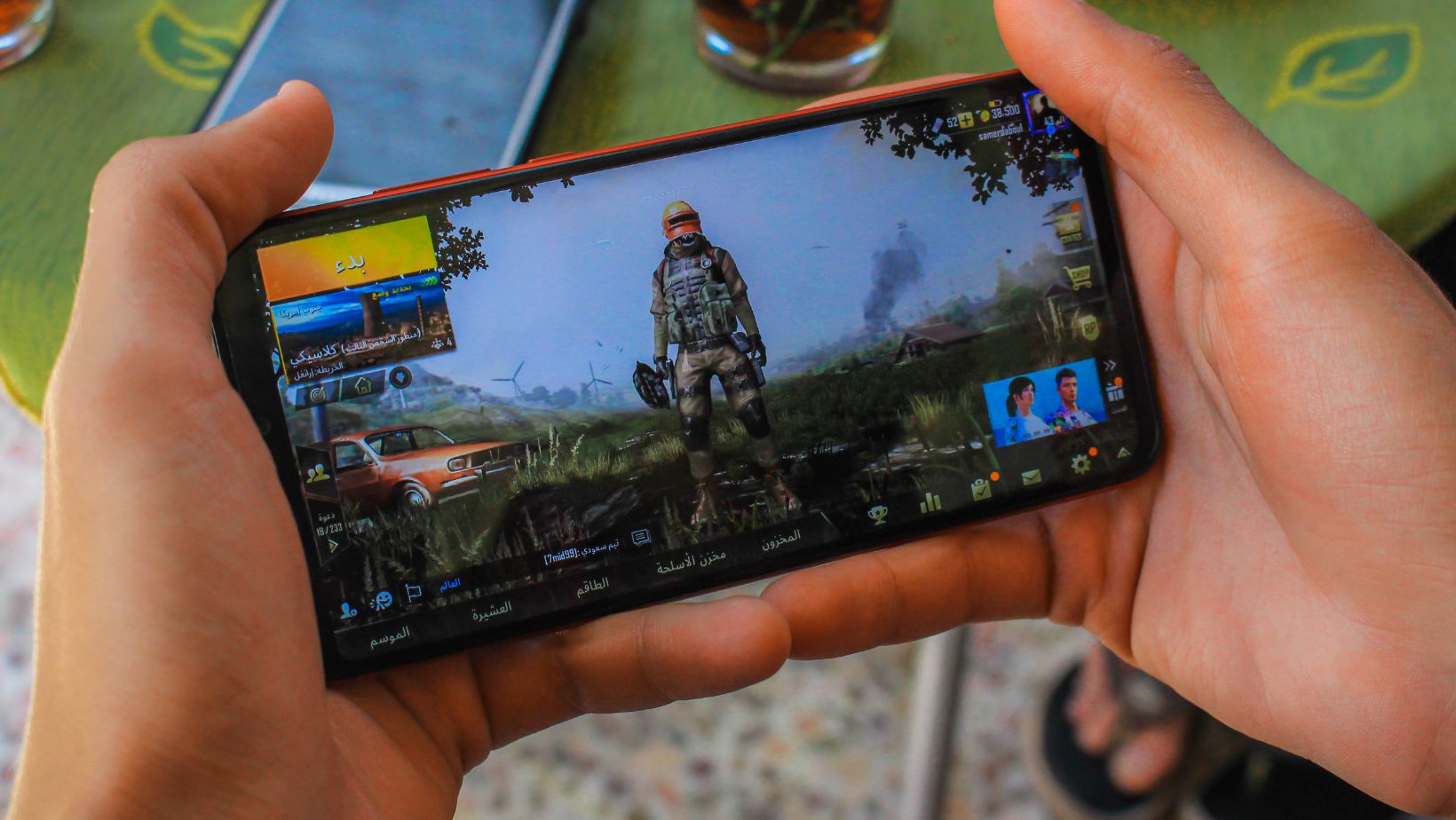Per Yale Medicine, only 1% of Americans fulfill the criteria for problem gamblers. That is a term reserved for individuals who want to stop gambling but cannot, despite an awareness of the negative consequences this activity can produce for them.
Nonetheless, in the past six years, following the fall of the Professional and Amateur Sports Protection Act, the US sports betting sphere, in particular, has boomed massively, and that has flooded treatment clinics with people in their early twenties who are grappling with issues connected to wagering on sporting events and games of chance.
Brad Ruderman from California’s Beit T’Shuvah treatment center believes that the country is heading towards a gambling addiction quagmire, and below, we detail what companies operating in this landscape are doing to stop this, or at least reduce the number of problem gamblers in the US.
Table of Contents
ToggleThe Utilization of AI Technology
According to Jonathan Michaels, a leading online gambling specialist, operators must do more to spot problem gamblers quicker. AI tools can go a long way in helping them accomplish this task. Michaels, on the iGaming Daily podcast, episode 226, in March of 2024, noted that the sector has a tough time identifying gambling addicts, and it must be more proactive in this field. In his eyes, AI tech is the ideal tool for analyzing gamblers’ behaviors and discerning patterns in how much they are depositing, when, and how they are wagering.
However, many operators have already been implementing predictive analytics tools from companies like Mindway AI, whose award-winning software for safer gambling blends insights from expert assessments with neuroscience and artificial intelligence. Named GameScanner, this advanced technological solution works by running through a vast database of examples to deduce a risk profile for each customer. It does this via meticulous assessments that not only look at actions classified as addictive but also weigh these with what are considered as normal ones to figure out if aspects of a user’s conduct are worrisome, ranking them in five risk levels. These are very low, low, medium, high, and high. A user profile gets built utilizing multiple benchmarks, including time consumption, nightly play, fluctuating wagers, loss chasing, binge gambling, impulsive transactions, canceled withdrawals, and more.

Per Mindway’s internal stats, GameScanner has an 87% success rate at recognizing at-risk gamblers compared to what human experts can detect. Its system has gotten vetted by GLI – Gaming Laboratories International, a credible third-party testing agency, and it has made its way onto platforms operated by Internet betting and gaming giant – Entain, whose Group Operations Director – Peter Marcus, claims that their use of this solution has enhanced their customer support, and strengthened the brand’s commitment to responsible gambling.
Neccton is another software company with a more than decent analytical application for providers to figure out what users are playing/betting irresponsibly and stop fraud along with money laundering.
Funding Research and Education
The Entain mentioned above, formerly known as GVC Holdings, has also made headlines for its dedication to responsible gambling by funding research that focuses on understanding the causes, behaviors, and effective interventions for those addicted to this pastime. This operator has teamed up with academic institutions such as Harvard Medical School’s Division on Addiction to conduct long-term studies on this topic, one that explores the deep psychology of gambling. It even has a responsible gambling division, whose SVP – Martin Lycka, hosts a Safe Bet Show on SBC Events’ YouTube channel.
Entain has also run various campaigns that have supplied educational resources designed to raise awareness about problem gambling, like its Changing for the Bettor (£5 million project). These have been presented through community outreach programs and online, and Entain has even created scholarships for those who want to dive into and specialize in the field of gambling addiction. The company’s Entain Foundation, established in 2019, has invested more than £100 million in charities and partnered organizations, influencing over a million people in the UK alone. It has also unveiled a piece of mobile software called Gamble Responsibly America, which works similarly to popular smartphone applications that stop people from accessing gaming/sports wagering sites. In simple terms – apps to block gambling addiction.

Other industry juggernauts that have funded research into responsible gambling are the Rank Group, which supports GambleAware’s programs, the Kindred Group, and Flutter Entertainment, to name a few.
Forming Responsible Gaming Associations
In March 2024, ROGA, the Responsible Online Gaming Association, was born. That occurred through an alliance of the seven most notable betting and gaming operators active in the US market. Its task is to develop and advance responsible gaming practices in the US, and it put Dr. Jennifer Shatley, a former consulting partner of the Responsible Gambling Council, as its Executive Director. Shatley is a gaming executive whose job in ROGA is to facilitate widespread education on responsible betting and casino gaming in the United States using a series of initiatives that will come to light in the near future.
ROGA’s founding members have pledged around $20 million to support the organization’s mission: easier access to responsible gaming tools and enhanced consumer protections. ROGA’s founders are FanDuel, Bet365, Hard Rock Digital, DraftKings, BetMGM, PENN Entertainment, and Fanatics Betting and Gaming, which together represent more than 85% of the US gambling market.






